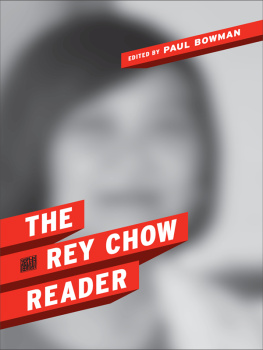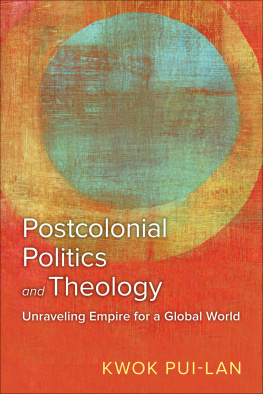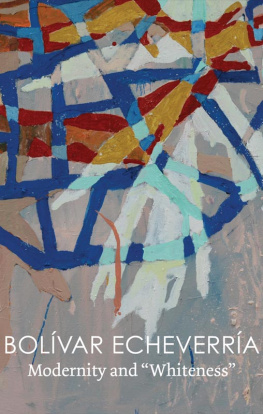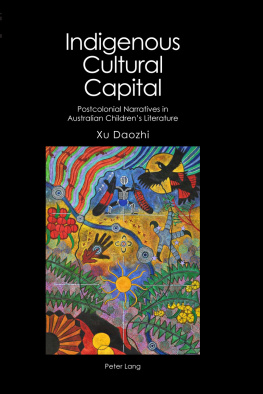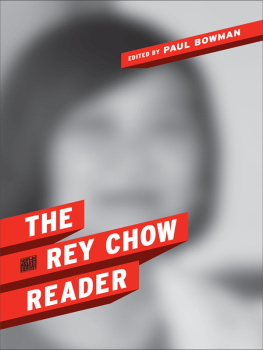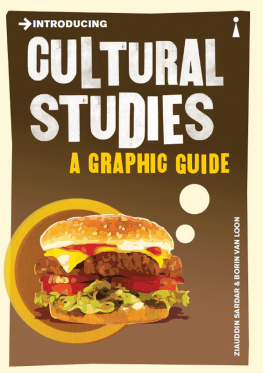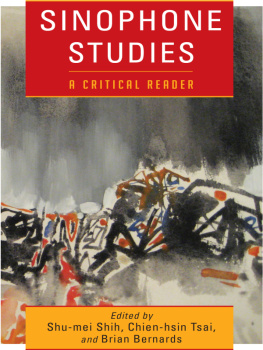THE REY CHOW READER
Edited By PAUL BOWMAN
THE REY CHOW READER
COLUMBIA UNIVERSITY PRESS / NEW YORK

Columbia University Press
Publishers Since 1893
New York Chichester, West Sussex
cup.columbia.edu
Copyright 2010 Columbia University Press
All rights reserved
E-ISBN 978-0-231-52078-2
Library of Congress Cataloging-in-Publication Data
Chow, Rey.
The Rey Chow reader / edited by Paul Bowman.
p. cm.
Includes bibliographical references and index.
ISBN 978-0-231-14994-5 (cloth : alk. paper) ISBN 978-0-231-14995-2 (pbk.: alk. paper) ISBN 978-0-231-52078-2 (e-book)
1. Culture. 2. Politics and culture. 3. Social change. 4. Poststructuralism.
5. Motion picturesChina. 6. Motion pictures and transnationalism. 7. Motion pictures and globalization. 8. Culture in motion pictures. I. Bowman, Paul, 1971 II. Title.
CB430.C4975 2010
306.2dc22
2009052179
A Columbia University Press E-book.
CUP would be pleased to hear about your reading experience with this e-book at .
References to Internet Web sites (URLs) were accurate at the time of writing. Neither the author nor Columbia University Press is responsible for URLs that may have expired or changed since the manuscript was prepared.
CONTENTS
Cultural studies is an umbrella term covering a multitude of possibilities: studies of popular culture, national culture, regional culture, cross-cultural or intercultural encounters; studies of subculture and marginal or subaltern culture; studies focusing on questions and issues of class, gender, ethnicity, and identity; studies focusing on the significance and effects of different aspects and elements of technology, globalization, mediatization, and virtualization; studies of the historical, cultural, and economic contexts of the production and consumption of literature, film, TV, and news media; studies elaborating on the cultural implications of government policy, law, legislation, educational paradigms, and so on; as well as studies concentrating on the myriad details of everyday life, approached in terms of anything from power to pleasure to politics. This diversity and heterogeneity can have a dizzying effect. On the one hand, it may seem that these different cultural studies are not connected or related and that the term cultural studies does not refer to anything in particular or designate a specific field.
On the other hand, many of these diffuse things and terms do seem to be interconnected, interimplicated, and interrelated. Despite being divergent and dislocated, these heterogeneous phenomena often seem to converge. Local practices of everyday life cannot be extricated from larger economic and political forces. Cultural activities and issues involve dimensions and decisions that are ethical and political. Phenomena that are often felt to be most intimate, private, and personal may be ensnared in or even produced by larger technologies. For instance, the printing press, the airplane, and the film camera have been instrumental in producing public and private sensibilities and passions and, hence, both collective and individual (or individuated) identities. The techniques of representation used in literature, newspapers, radio, TV, and film throughout their histories have been implicated in the production, amplification, or magnification of such structures of feeling as nationalism and racism and the emergence, manipulation, or management of personal, private, and group affects, sentiments, and investments.
Given the complexity of culture as a field of relations, connections, and separations, where should we begin? How are we to select, organize, and orient our scholarly, analytical, and interpretive efforts? What is to be deemed important, and on what grounds? As Stuart Hall once put it, because of the irreducible complexity of culture,
it has always been impossible in the theoretical field of cultural studieswhether it is conceived either in terms of texts and contexts, of intertextuality, or of the historical formations in which cultural practices are lodgedto get anything like an adequate theoretical account of cultures relations and its effects.
Given this complexity and uncertainty, the question is how might intervention be established? How does motivated workwhether scholarly, cultural, or political fit in, connect with, affect, or alter anything else? In what relations do our efforts exist, and with what effects? In Halls words,
The question is what happens when a field, which Ive been trying to describe as constantly changing directions, and which is defined as a political project, tries to develop itself as some kind of coherent theoretical intervention? Or, to put the same question in reverse, what happens when an academic and theoretical enterprise tries to engage in pedagogies which enlist the active engagement of individuals and groups, tries to make a difference in the institutional world in which it is located? These are extremely difficult issues to resolve, because what is asked of us is to say yes and no at one and the same time. It asks us to assume that culture will always work through its textualitiesand at the same time that textuality is never enough. But never enough of what? Never enough for what?
In the wake of both poststructuralist and postcolonialist thinkers, including Louis Althusser, Michel Foucault, Edward Said, Jacques Derrida, Gayatri Spivak, and, indeed, Stuart Hall, as well as feminist theorists of film and culture like Laura Mulvey and Teresa de Lauretis, Rey Chows work starts out from a number of what now may appear to be methodological and empirical givens. Culture is regarded as always in some sense biased, and knowledge production or knowledge establishment as always in some sense contingent and conventional. In addition, these biases, contingencies, and conventions have ethical and political consequences. These postulates or propositions may seem uncontroversial or even commonplace today. But they owe their givenness, intelligibility, and acceptability to some immensely significant and still contentious disciplinary innovations associated particularly with cultural studies, feminism, poststructuralism, and postcolonialism. At the same time, much of what is specific to Chows interventions doubtlessly relates to the way she uses features of the contingencies of her own cross-cultural and cross-disciplinary intellectual history. (Chows own account of the relations between her cultural and intellectual experiences in British Hong Kong and the United States is found in , The Postcolonial Difference: Lessons in Cultural Legitimation.) But Chows own cross-cultural experience is never allowed to remain unquestioned in her work or to present itself as if her biography endowed her voice with an aura of cross-cultural legitimacy or postcolonial authenticity. Rather, Chow uses personal experience as a point from which to stage and illustrate investigations that interrogate the familiar by exposing it to very rigorous questioning and analysis.
Among assumptions often made is the idea that an ethnic subject owns or equals some kind of essential authenticity or truth or that the opinions of a traveler from there have the status of profound insights into the truth of here. Rather than assuming anything like this, Chows interrogations of the familiar do not proceed according to romantic or orientalist notions of the value of defamiliarizing the familiar by viewing it as if through foreign eyes, whether nave (like, say, Mick Crocodile Dundee or Forrest Gump) or alienated through the excesses of hard experience (like Gulliver). Rather, Chow approaches the personal and familiar by attending to both the deeply felt problematics of postcolonialism and cultural studies andperhaps surprisingly and certainly controversiallythe rubrics and rigors of poststructuralist theory, as well as film theory, particularly feminist film theory.
Next page
